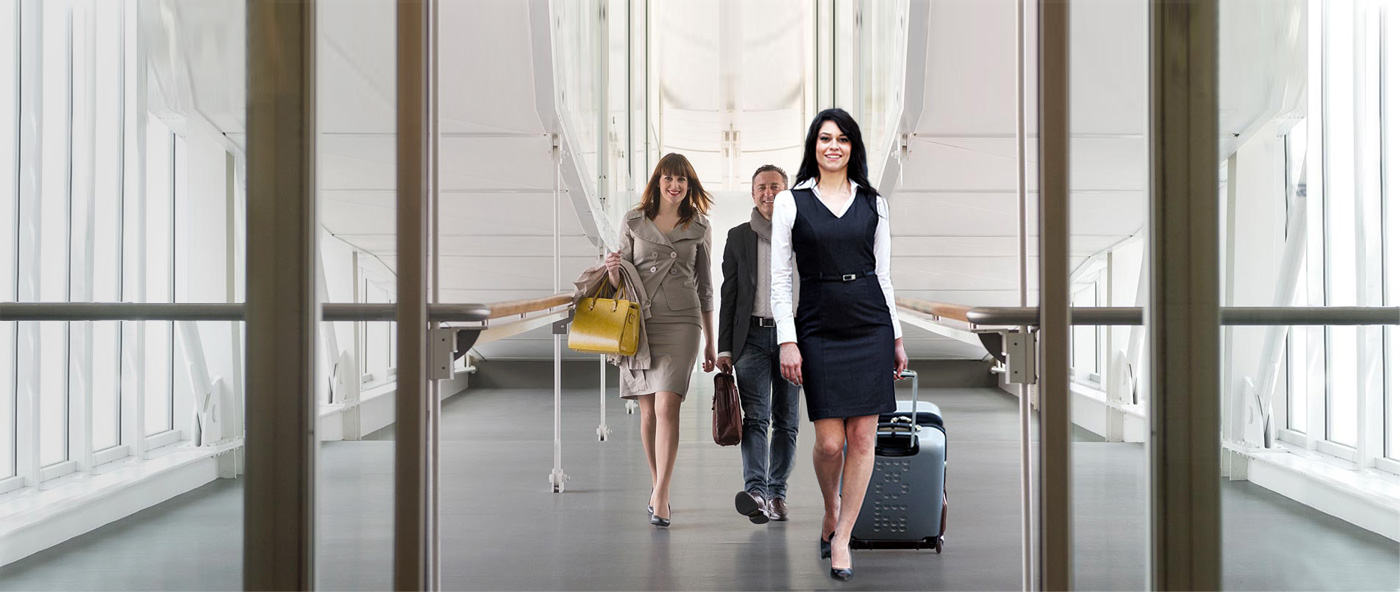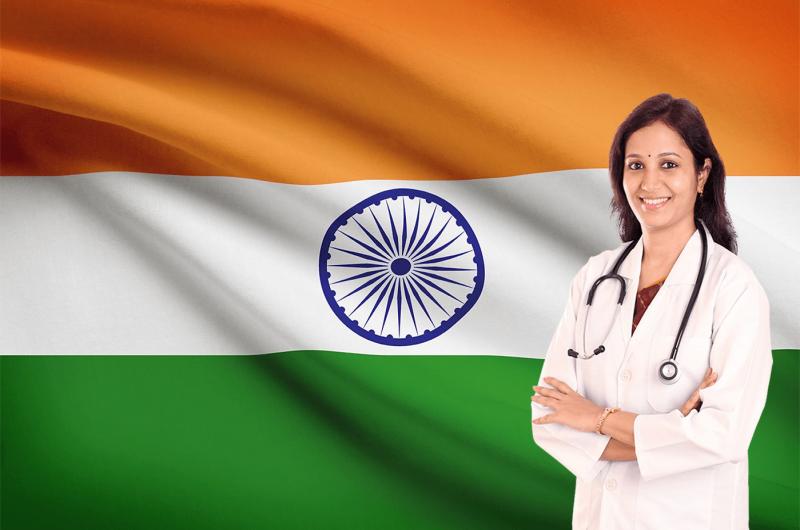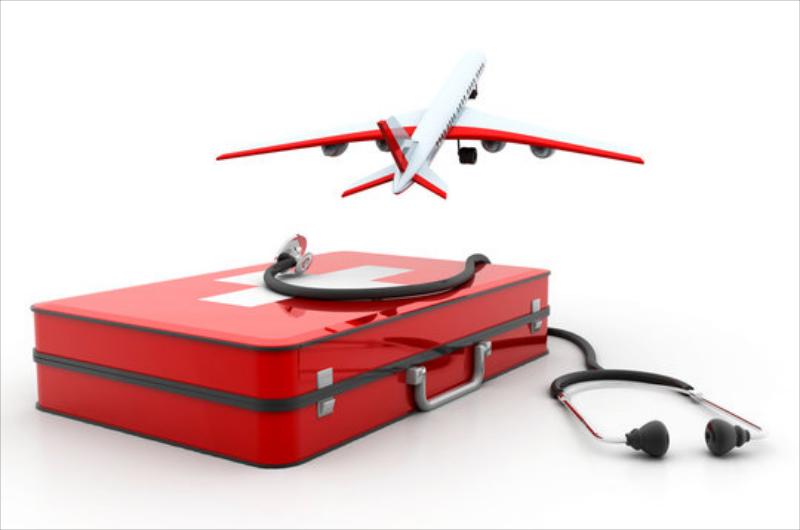How International Patients Travel
Medical tourism as a practice of providing medical services outside patient’s country of residence has developed significantly in recent years. The term “medical tourism” which has been used for several years became prevalent by globalization, as well as an increase in spending on health.
The main reason for the active development of the medical tourism has been the increase in the cost of treatment, as well as a significant difference in its cost in different countries. Thus, patients who do not have the opportunity to pay a certain procedure in home country or do not want to spend time waiting for it can often get an appropriate service abroad at much lower price and without delay. In addition, medical tourism allows patients not only to combine treatment with pleasure – to save money and time, but also to visit the country.
Patients need to consider different aspects before traveling abroad for medical services. Advance planning in medical travel is necessary. They visit a country which has different language, culture and environment; they are not residents of the country they travel to and of course relevant documents for entry are required.
Before traveling, patient’s application must be accompanied by the form of the selected medical institution explaining the duration of the planned treatment. The majority of medical travel is by commercial aircraft with a family member. All necessary facilities are arranged for them.
In order to feel assured and safe, patients are provided with all services from the beginning of trip, including transportation, accomodation and appointments. In addition, plans for family members, details about nearby touristic sites, as well as follow-up plans upon return to the country of origin are provided.
The coordinator books flight tickets, a hotel room and provides transfer. For the duration of the patient’s stay in abroad, coordintor becomes a personal assistant, interpreter and guide who helps to solve any issue. The services as hotel reservation, touristic visits, interpretation, air or ground-based ambulance are provided upon request. Unexpected complications can change travel needs related to commercial flights or an air ambulance.
Planning is the most inportant part when traveling abroad, especially for medical treatment. Patients have to be be mindful that they are not constrained to medical travel with family or assistance and that they have extra facilities to benefit from. Coordinators deliver an excellent experience by overseeing all basic touch-points, coordinations and communications during the travel.
Patients should have the right in medical travel as to use the service as a whole: within the framework of the principles of equity and equality, equitable access to services; equality in services regardless of race, language, religion, religion, sex, political views, economic and social status, and awareness: the right to access information on all types of services and opportunities.
- October 27 2021
- 4632








